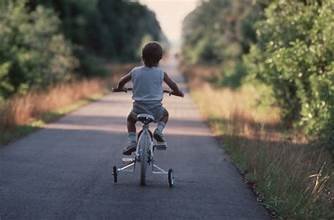It takes a long time to become young
“It takes a long time to become young.”
--Pablo Picasso
After class on Sunday, Jane M told me she has been practicing the heel-to-toes tandem balance exercise every day, and finds it is really improving her balance skills. “I’m less nervous about falling. It builds your confidence that your balance is available to you. I find if I can just relax, and not worry about it so much, my balance is much better.” Jane’s doing at least three important things right: first, she’s practicing every day. That makes a big difference! Next, she’s recognizing how worry detracts from balance. She knows to focus on the intention of staying grounded and aligned, and to keep her breathing calm and full, rather than worrying or—worse—criticizing herself when her balance gets wobbly. But Jane also knows one of the biggest secrets to learning: “What I love to do, is make it fun,” she said.
A deep, widely held belief among indigenous healers from many cultures is that humor and light-heartedness is essential for healing. They know that smiles, laughter, and joy free up stuck energy. When you’re working on improving your balance skills, think back to how much fun it was when you were a kid, balancing on a fence, or learning to ride a bike. So what if you don’t do it perfectly the first few (or more) times? Little kids don’t judge themselves harshly when they lose their balance (we hope). Often, they giggle. They get up and do it again, and in time, do it more skillfully. So, try to lighten up on yourself. Keep your goal clear: you are building a skill, and it takes practice. Give yourself a mental pat on the back for pushing through old habits of fear, or avoidance. Smile! Playing Qigong in this way, is an excellent path back to that original state of youthful vitality.

